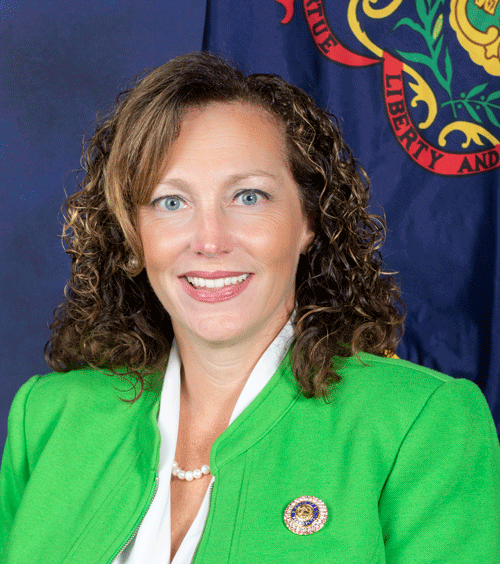Over the last few months, policies being put forward by the Democratic majority in the Pennsylvania House of Representatives have become frighteningly extreme.
Take their latest quest to pursue increasing Pennsylvania’s mandated wage.
Even though market forces have driven real starting wages higher, with Pennsylvanians having increased bargaining power with employers about working wages and conditions, increasing cost mandates on small businesses and mom-and-pop shops by increasing Pennsylvania’s mandated wage has been something they have long sought after.
However, even this policy proposal is showing the extreme limits of their party’s legislative agenda.
According to one Democrat proposal, they want Pennsylvania’s mandated wage to increase from the current $7.50 per hour to $21 per hour by 2028. And they even want to ensure that higher wage is paid to violent criminals and other inmates working in state and local prisons.
But what is even more troubling is that Democrats are pursuing their priority of increasing the mandated wage while also having people work less in a plan entirely footed by taxpayers.
According to a proposal being floated by my colleagues on the other side of the aisle, they are seeking $15 million in taxpayer funds to give tax credits to companies to implement a four-day work week.
Pennsylvania House Democrats literally want to pay people more to work less.
This proposal would not replace the current 40-hour work week with four ten-hour days, but would instead do away with an entire day of work to create a 32-hour work week where productivity time would decrease, but under other Democratic proposals, pay would increase.
As part of the proposal, Pennsylvania taxpayers will literally be paying for people to not work that fifth day with tax credits of $5,000 per employee, not to exceed $250,000 per employer as part of this proposal’s aforementioned $15 million annual appropriation.
While moving toward a four-day work week sounds appealing, its benefits and reports of increased productivity have been proven by scant evidence.
In fact, a major pilot program is underway in the United Kingdom to test the efficacy of a 32-hour work week, but the benefits are equally as disturbing as the downsides, including more burnout and anxiety from being required to perform the same amount of work in less time.
Ultimately, while Pennsylvania and the rest of the country continues to stand at the economic brink, we should be promoting policies that create a thriving economy, not looking at ways to pay people more to do less work.
It should be easier to do business in Pennsylvania than it currently is, and it should be easier to get a job. Right now, Pennsylvania’s government has erected so many barriers to economic growth and development that we should be looking at ways to get government out of the way.
Whether it is real permitting reform, making professional licenses more transferrable, or finding ways to make Pennsylvania more competitive, we should be having a real discussion about ways in which we can increase the opportunity for all Pennsylvanians to experience earned success and go above and beyond in the use of their talents, rather than investing in unproven economic classroom guesswork that has taxpayers funding people to not work.
As we stand here today, there is nothing prohibiting any company in Pennsylvania from offering a four-day work week to their employees. Even as our workforce has entered a post-pandemic era, flexible schedules and remote work have become the norm.
But the idea that a government mandate to pay people a higher wage while also having taxpayers themselves foot the bill for the implementation a thought experiment seems ill sighted.
As we move forward this session, I am eager to work with my colleagues on both sides of the aisle to have that real conversation about how we can drastically improve the Commonwealth’s economic climate.
But when the starting point is extremism a middle ground with serious solutions seems unattainable.
Please follow DVJournal on social media: Twitter@DVJournal or Facebook.com/DelawareValleyJournal


